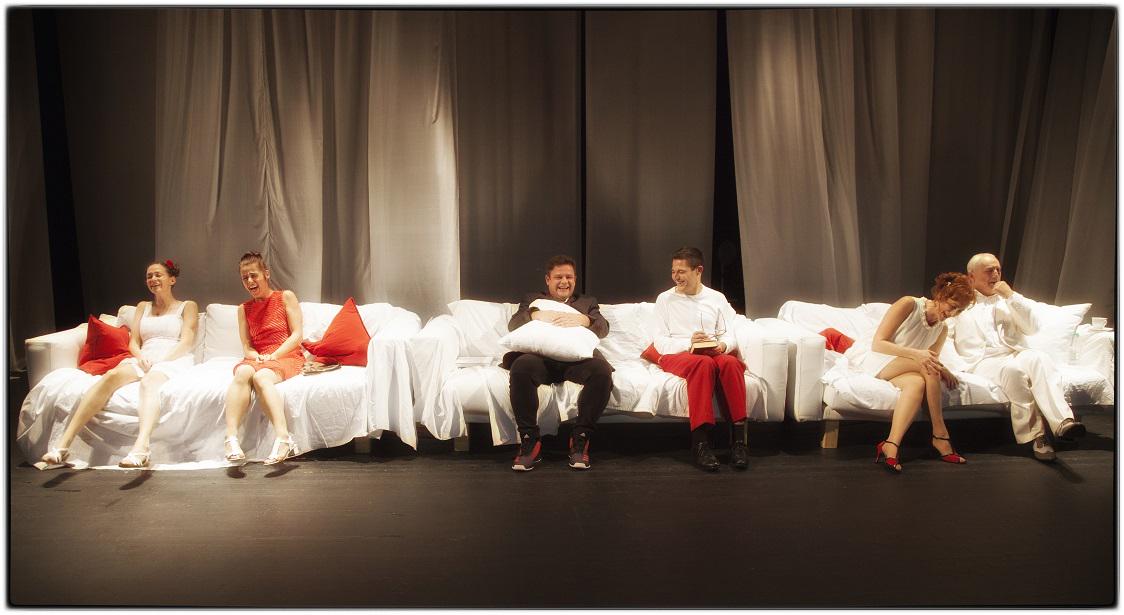
In Austro-Hungarian times, Trieste was a multicultural city, and the Slovenian community played an important role in its cultural life. However, things began to change after World War I, when the port was awarded to Italy. Soon, the Italian Fascists launched a systematic campaign against Slovenian language and culture. The repression culminated with the burning of the Slovenian National Home in 1920. Among the cultural institutions that perished in the blaze was a small but lively Slovenian theater.
After World War II and the defeat of the Fascists, the local community was determined to restore Slovenian cultural pride – and one of the key steps in that process was a new Slovenian theater in Trieste, which was set up in 1945.
Despite being based in Italy, the Slovenian Permanent Theater in Trieste soon established itself as one of the leading Slovenian cultural institutions. It received acclaim both for its performances of established Slovenian works and plays from around the world.
In the decades after World War II, the Slovenian Permanent Theater in Trieste succeeded not just in keeping Slovenian culture and language alive, but also in establishing cultural links between Slovenia and Italy. Those links were significant in times of political tensions between capitalist Italy and communist Yugoslavia, but they deepened further after Slovenia’s accession to the EU.
In recent years, the theater worked hard to make Slovenian culture even more accessible to the Italian-speaking population, and some of the performances now feature Italian subtitles. The strategy has paid off; the theater is one of just a handful in Italy with the prestigious “Teatro Stabile” title.
The quality of the theater has been recognized on both sides of the border; several actors and directors from the theater have gone on to careers in Slovenia -- and have brought the cosmopolitan spirit of Trieste with them.


































































